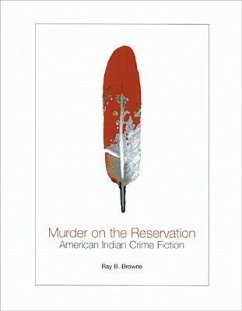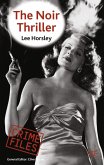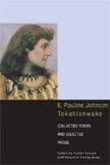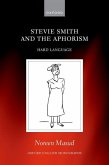In "Murder on the Reservation," Ray B. Browne surveys the work of several of the best-known writers of crime fiction involving Indian characters and references virtually every book that qualifies as an Indian-related mystery. Browne believes that within the genre of crime fiction all people are equal, and the increasing role of Indian characters in criminal fiction proves what an important role this genre plays as a powerful democratizing force in American society. He endeavors to both analyze and evaluate the individual work of the authors, and at the same time, provide a commentary on the various attitudes towards race relations in the United States that each author presents. Some Indian fiction is intended to right the wrongs the authors feel have been leveled against Indians. Other authors use Indian lore and Indian locales as exotic elements and locations for the entertaining and commercially successful stories they want to write. Browne's analysis includes authors and works of all backgrounds, with mysteries of first-class murder both on and off the reservation.
Bitte wählen Sie Ihr Anliegen aus.
Rechnungen
Retourenschein anfordern
Bestellstatus
Storno








